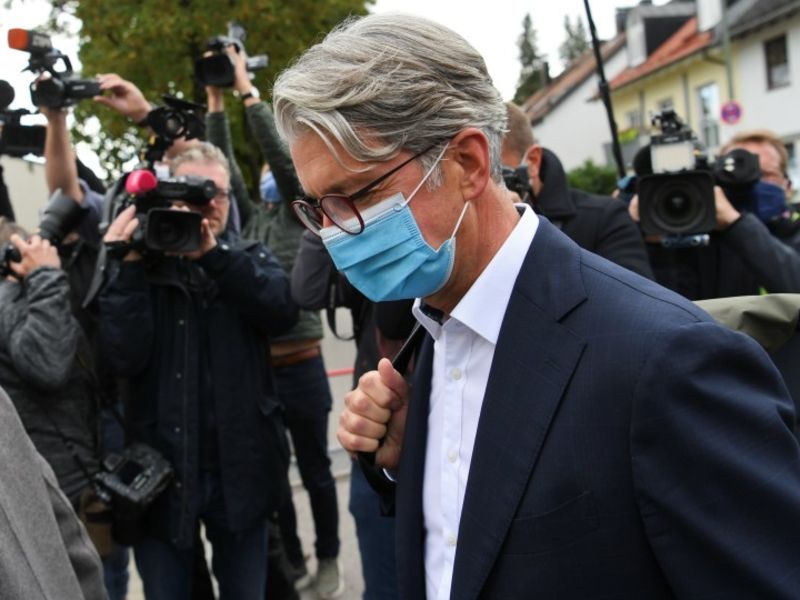
Audi’s former chief executive and head of engine development rejected German prosecutors’ allegations related to their roles in the diesel-emissions scandal that rocked the luxury-car maker’s parent Volkswagen AG half a decade ago.
Lawyers for Rupert Stadler and Wolfgang Hatz began laying out their defense Tuesday after prosecutors started making their case last week in a trial near Audi’s headquarters. Stadler is accused of failing to stop the sale of rigged cars in Europe even after U.S. authorities uncovered the engine-rigging scandal in September 2015, while Hatz is alleged to have known about the cheating as early as 2008.
Gerson Trueg, an attorney for Hatz, said there’s no evidence his client was aware of the cheating and insisted he wouldn’t have tolerated illegal conduct at Audi. Stadler’s lawyer Thilo Pfordte lashed out at prosecutors over their tactics, claiming they were designed to force the former CEO to become part of the trial even as allegations against him are less severe than those leveled at Hatz and two other suspects who are former Audi engineers.
“No engineer decides about this on his own. This was a strategic decision,” Walter Lechner, a lawyer for one of the lower-level engineers, said Tuesday in Munich, contradicting Stadler and Hatz’s defenses. Everyone within company management — including board members — was aware of the malpractice involved in pushing to make supposedly clean-diesel cars popular in the U.S. and elsewhere, Lechner said.
The large-scale manipulation of diesel-engine software to bypass emission tests has cost the world’s best-selling automaker 32 billion euros ($38 billion) and counting. The trial is poised to drag on through the end of 2022 and relates to 434,420 manipulated cars, more than 80 percent of which were sold in the U.S., according to the indictment filed by prosecutors.
It cost at least 81 million euros to fix the cars in Europe and at least 89 million euros in the U.S. Because of a sales ban for rigged cars in the U.S., the related damage there was more than 3.1 billion euros, according to the indictment.
Direct ramifications for Audi and the VW group are likely to be limited because claims against the company were settled in 2018. But the trial against the individuals could still stir unease because prosecutors’ findings could provide fresh ammunition for investors who sued VW over how long it took the company to inform markets about the scope of the scandal.